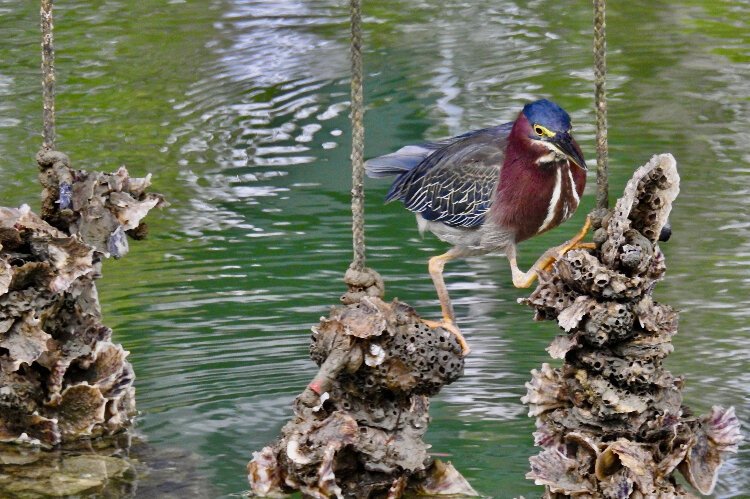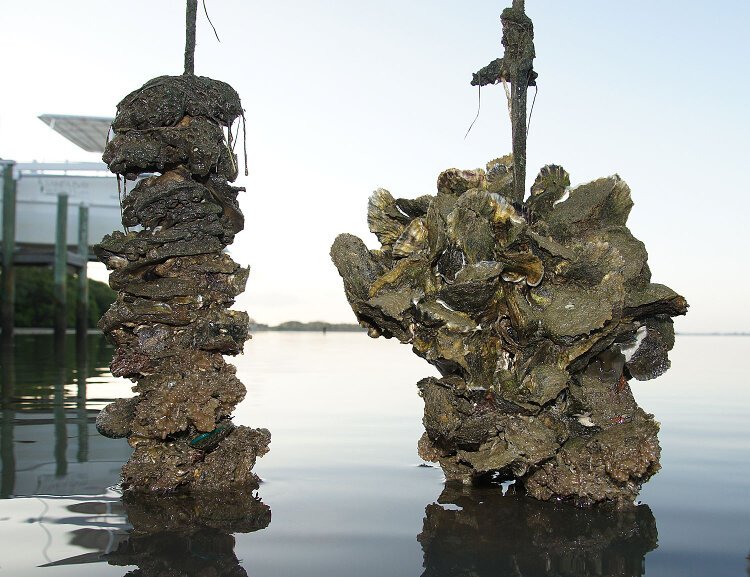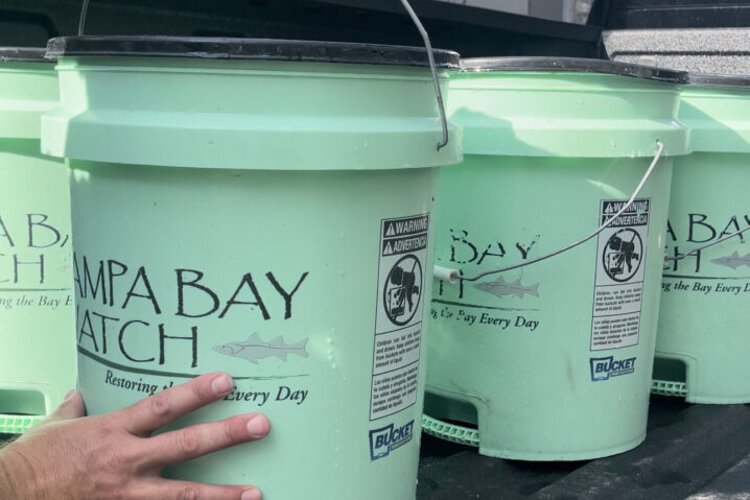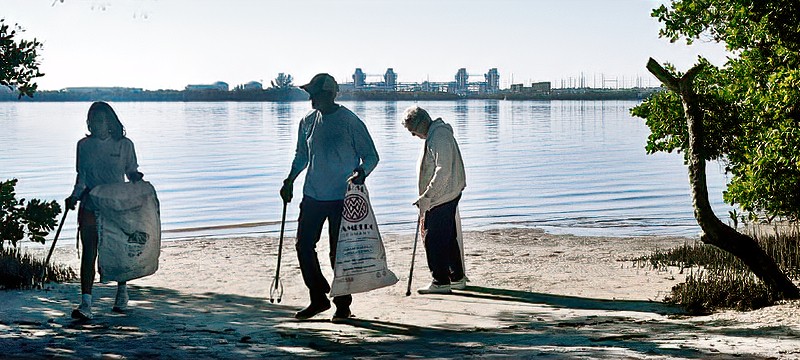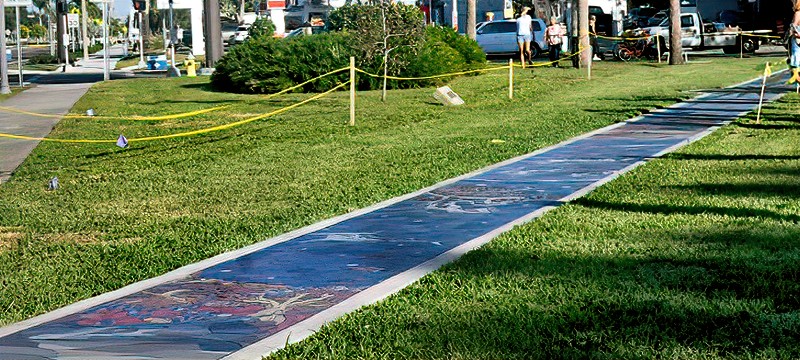Pearl of a program: Tampa Bay Watch repurposes shucked oyster shells to restore the shore
Tampa Bay Watch's Shells for Shorelines program collects used oyster shells from area restaurants and repurposes them to restore oyster reefs and habitat in Tampa Bay.
Shucked shells are helping restore water quality and important oyster reef habitats in Tampa Bay.
Tampa Bay Watch, the nonprofit environmental organization, collaborated with the Gulf Region Oyster Network to launch the “Shells for Shorelines” program last fall. Several local restaurants are taking part.
The program started with one restaurant in a February 2022 pilot phase and now has 14 participating, says Richard Radigan, manager of Tampa Bay Watch’s Oyster Shell Program.
Most of the restaurants are in Pinellas County, but one is in Hillsborough, he says. There are plans to expand to other counties.
“We’re always looking for more restaurants,” Radigan says.
The program is funded by Duke Energy, Neptune Flood and a $1.1 million grant through the National Oceanic and Atmospheric Administration (NOAA) and Restore America’s Estuaries. Restaurant operators’ reaction to the shell recycling initiative has been “overwhelmingly positive,” Radigan says.
“They love that they’re doing good,” he says.
From food waste to eco-friendly recyclable
The program transforms shucked oyster shells from food waste into an “eco-friendly recyclable,” according to Tampa Bay Watch. There is no cost for the restaurants to participate because of the grants, Radigan says. The organization is actively looking for ways to fund the program in perpetuity.
Tampa Bay Watch provides 5-gallon buckets for each restaurant to save their shucked shells, and then volunteers and staff members collect their shells up to three times per week, depending on the number of shells, Radigan says.
“One of our goals is to be as minimally invasive to their operations as possible,” he says.
“Being part of the Shells for Shorelines program has not only been an eye-opening experience for us but also for our staff and customers. It’s inspiring to see how a simple act – like saving oyster shells – can have such a profound impact on the health of Tampa Bay,” Josh Cameron, owner and operator of The Oyster Bar in St. Pete, says in a statement. “This initiative aligns perfectly with our own sustainability goals, and we look forward to contributing to the long-term vitality of our local marine ecosystems.”
Shells for Shorelines aims to have 20 participating restaurants by 2026, Radigan says.
“Our goal is to get every restaurant that serves oysters to get involved in the program,” he says.
After Tampa Bay Watch’s staff members and volunteers pick up the shells, they take them to the organization’s specialized cleaning and curing station at Fort DeSoto, where the shells cure for at least 90 days, Radigan says.
They create shell bags and vertical oyster gardens with these cured shells and distribute them throughout the Tampa Bay estuary to “rejuvenate oyster reef habitats, which are essential to the bay’s ecosystem,” according to Tampa Bay Watch.
When the program started, staff and volunteers collected 2,800 pounds of shells per month, Radigan says. In April, they collected 16,000 pounds of shells.
“The program is getting so big,” Radigan says. “We need more hands.”
As of mid-May, these are the restaurants participating in Shells for Shorelines:
- The Island Grille & Raw Bar
- The Oyster Bar (closed for relocation)
- Crabby Bill’s, Indian Rocks Beach
- Crabby Bill’s, St. Pete Beach
- The Helm
- CoCo’s Crush North Beach
- Oystercatchers
- The Tides Seafood Market and Provisions
- PJ’s Oyster Bar, St. Pete Beach
- Crafty Hospitality (opening at former location of The Oyster Bar)
- Hookin Ain’t Easy
- BarFly
- Maritana, The Don CeSar
- RumFish, Tradewinds
“If you love oysters and you want to eat oysters, I always recommend going to these partners,” Radigan says. “Every oyster you order from them will have a profound effect in the bay itself.”
For more information, go to Shells for Shorelines or contact Richard Radigan at rradigan@tampabaywatch.org to volunteer or join the program as a participating restaurant.

